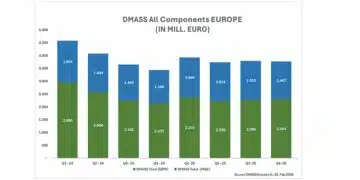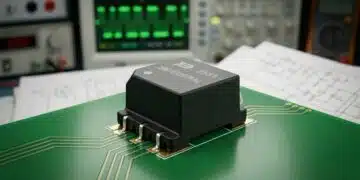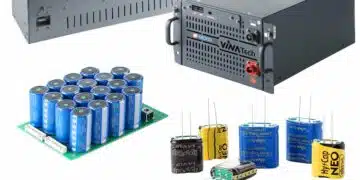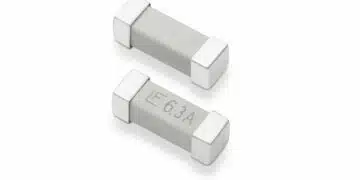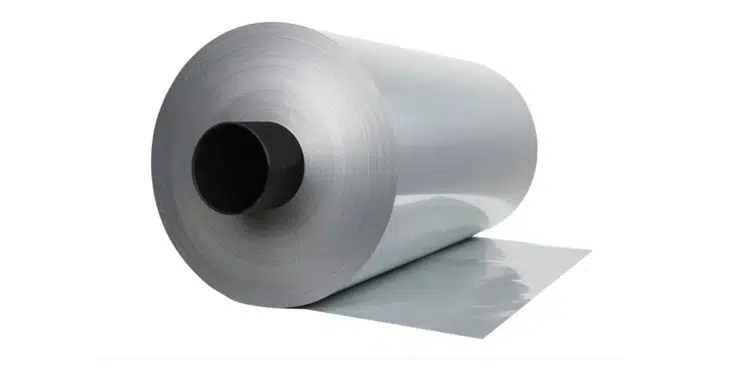Aluminum foil plants in China will face mounting production costs and increasing difficulty in capacity expansions as the country is enforcing strict carbon emission regulations, prompting capacitors makers to secure supply of the material by contributing investment funds or equipment for dedicated capacity, according to industry sources.
China has set goals to reach peak emissions before 2030 and achieve carbon neutrality by 2060, strictly restricting the use of coal as a fuel for power generation and other industries, the sources said. This will deal a great blow to manufacturers of aluminum foils, as power consumption accounts for over 40% of their production cost, the sources added.
To counter, aluminum foil makers in Taiwan and China have moved to set up new manufacturing operations in remote areas such as Inner Mongolia, Xinjiang, and Sichuan province, where power rates are relatively lower. For instance, Taiwan-based Liton Technology now also operates a plant in Sichuan.
While low-, medium- and high-voltage formed aluminum foils are all short of demand, Japan’s leading aluminum electrolytic capacitor makers, such as Nippon Chemicon, Nichicon and Rubycon, have seen their clients switch orders to their counterparts in Taiwan and China as their plants in Malaysia and Indonesia are operating at reduced capacity under COVID lockdowns there, the sources said.
The has prompted Taiwanese and Chinese capacitor vendors to vie for more supply of aluminum foils by offering higher prices, which in turn will be driving up their quotes, the sources said.
Taiwan-based aluminum capacitor maker Lelon Electronics, with a 30% stake in Liton, is even aggressively assessing the feasibility of booking dedicated capacity for aluminum foils by contributing related manufacturing equipment, the sources added.



